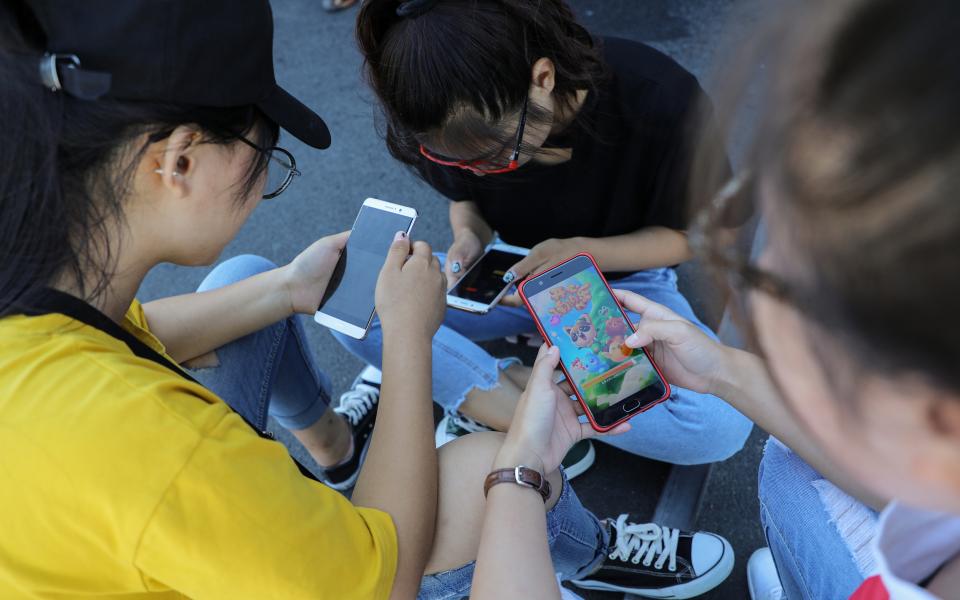Today's college students tend to acquire information via social media, such as Weibo, China’s equivalent of Twitter, Tencent’s WeChat and a Chinese question-and-answer website called Zhihu. These social media occupy a great amount of young people’s time and energy. Now one college professor claims they might impact their deep thinking, in a commentary for Guangming Daily.
A report about Shanghai college students’ reading levels, published by East China Normal University (ECNU), shows 84.3 percent of college students use their smartphones as their main information source, and the top three popular social media are WeChat, Weibo and Zhihu.
Deng Xianglian, an associate professor of the School of Communication at ECNU, says social media is a good channel for young people to express their feelings and expand their social circles. Through online interactions like giving a thumbs-up, commenting or sharing links, students readily exchange ideas with their peers. The helps a like-minded group to engage in further communication.
But Deng claims social media can also prevent students from acquiring high-level reading abilities and developing deep thinking. The relentless onslaught of information delivered online or through smartphones addicts many young people to social media, and does not contribute to a rigorous and insightful spiritual experience and improve the ability to distinguish right from wrong, the professor claims.

 Old Version
Old Version